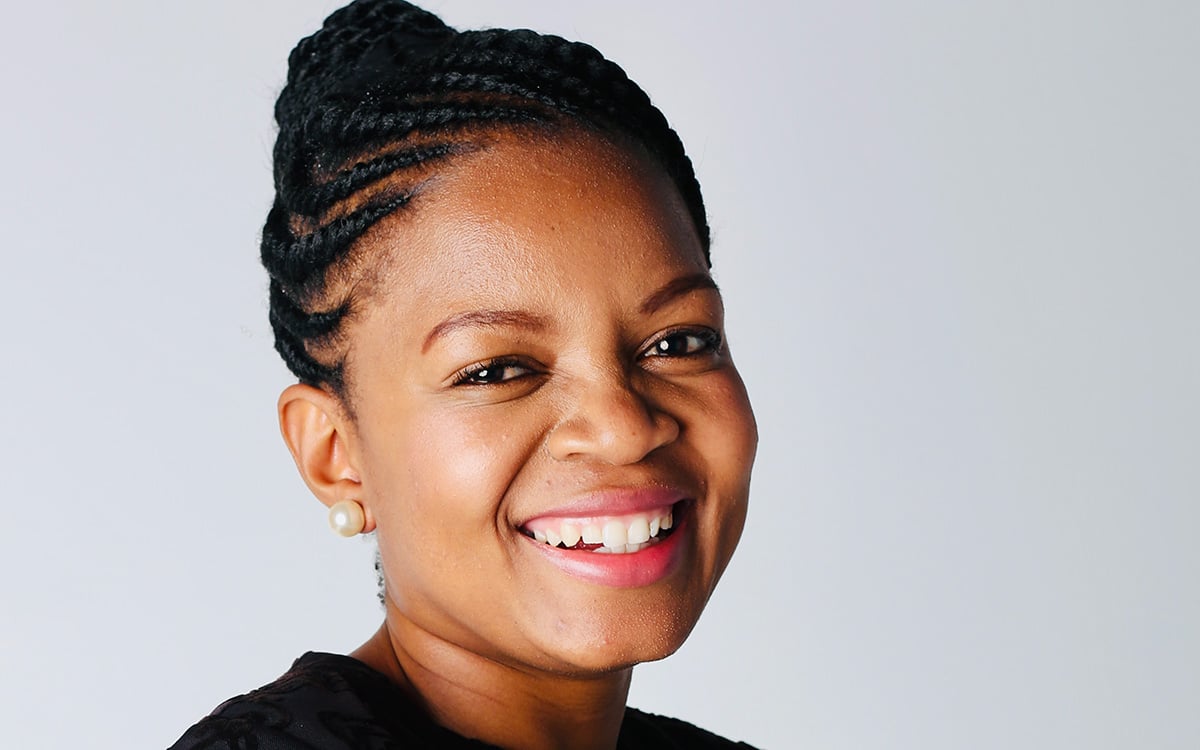Computer scientist Mmaki Jantjies knows just how powerful technology can be in transforming people’s lives. Her own life is a great example, since technology propelled her to an influential career with Telkom and earned her a string of accolades and opportunities.
Now, as the group executive of innovation and transformation at Telkom, she’s in a position to unlock opportunities for other young people too. That includes investing in digital products and supporting young start-ups as they explore new technologies, as well as funding research projects.
Our investment in technology innovations can be a driving force not only for economic growth, but also to enhance the daily lives of South Africans,” she says.
“The lack of equitable access to resources and opportunities is a challenge leading to many societal issues that we face as a country. I use technology in my life as a lever to contribute towards addressing these challenges.”
One way she does that is through her non-profit organisation, Peo Ya Phetogo, which she established in partnership with UN Women and the Mozilla Foundation.
The organisation runs various programmes focusing on science, technology, engineering and maths to help young people adopt technology careers. Additionally, it runs programmes to help teachers gain digital literacy skills to pass on to their students.
Jantjies also mentors young leaders from various communities. Seeing them excel is extremely fulfilling, she adds, as she acknowledges that her own achievements in her technology career have been the result of constant mentorship and support from others.
Her career so far has blended academia with business, including heading up the Department of Information Systems at North West University and the University of the Western Cape, and being a senior information technology consultant with JB Consulting.
Other roles have included being an adjunct associate professor at the University of the Western Cape and a council member of South African Institute of Computer Scientists.
Jantjies has earned a string of local and international awards for her contribution to the technology sector, including being named one of 50 people who make the internet a better place by the Mozilla Foundation; one of 50 Inspiring Women in Technology by CoCreate and the Netherlands Consulate; and as a Young Global Leader by the World Economic Forum.
In her spare time, Jantjies runs her own website, mmakij.co.za, where she publishes opinion pieces about technology and society. In one article, she addresses the lack of readiness in South African schools to produce digitally savvy students.
As an academic whose research focuses on educational technology, she highlighted the lack of infrastructure, lack of teacher training and a dearth of appropriate local content as issues to address before technology can do what it’s supposed to do and enhance teaching and learning.
“Crucially, introducing more educational technology is about more than the addition of a piece of hardware or some software. It also means introducing novel approaches to teaching and learning. Universities that train teachers need to be cognisant of this,” she writes.
“It also requires a review of South Africa’s existing technology in education policies and a sustainable plan to ensure that no child is deprived of a skill that is no longer a luxury.”

































